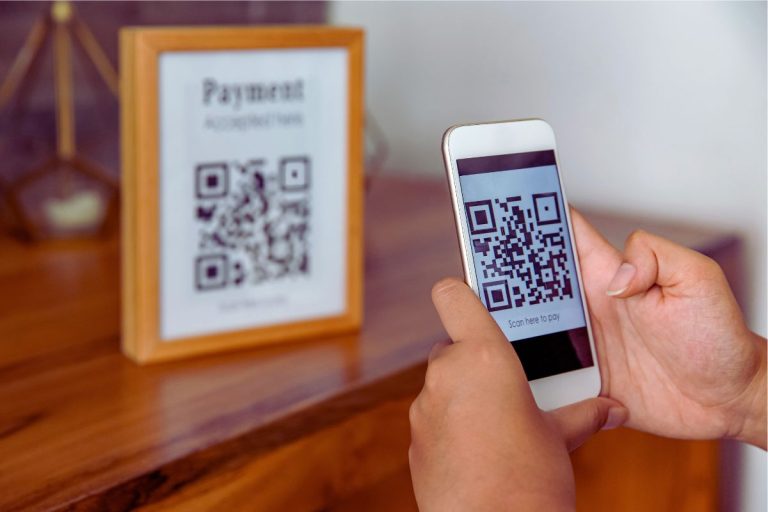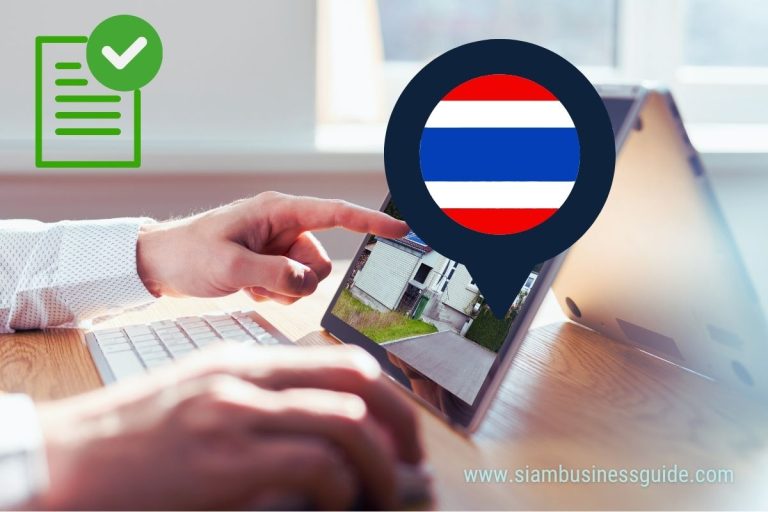How to Open a Business Bank Account in Thailand
A Step-by-Step Guide for Foreigners and Thai Entrepreneurs
Opening a business bank account in Thailand is an essential step for entrepreneurs who want to operate legally and efficiently. Whether you’re starting a Thai company or managing a foreign-owned business, having a dedicated corporate account streamlines financial management, invoicing, and tax compliance.
This guide will walk you through the requirements, necessary documents, and available banking options to help you open a business account in Thailand.
Why You Need a Business Bank Account in Thailand
A business bank account is more than just a financial tool, it’s a legal necessity and a foundation for long-term success.
If you plan to register a company, pay employees, invoice clients, or apply for VAT registration, a corporate bank account is mandatory. Using a personal bank account for business transactions can lead to complications during audits, difficulties with tax authorities, and loss of trust from partners or investors.
Here are key reasons why opening a corporate account is essential:
- Legal Compliance: Required for issuing tax invoices, paying corporate income tax, and registering for VAT.
- Financial Transparency: Keeps personal and business transactions separate, improving accounting accuracy and audit readiness.
- Enhanced Credibility: Partners, customers, and investors will take your business more seriously with a verified corporate banking identity.
- Access to Financial Tools: Enables access to business loans, credit facilities, foreign exchange services, and merchant accounts.
- Payroll Management: Simplifies employee salary payments, ensures timely disbursement, and helps maintain compliance with labor and tax regulations.
Who Is Eligible to Open a Business Bank Account in Thailand?
Your eligibility depends on your business structure, ownership, and legal status in Thailand. Let’s break down the main categories:
Thai-Owned Businesses
If your business is fully Thai-owned, the process is typically straightforward. Most banks require standard company documents and the director’s Thai ID.
Foreign-Owned or Foreign-Invested Companies
Foreign entrepreneurs face more complex regulations but still have access to business banking services if they meet certain conditions:
-
Must have a registered Thai company (e.g., Thai Limited Company or BOI-promoted company)
- Foreign directors usually need a valid work permit and a Thai company address
- Some banks require a Thai co-director or legal representative to be present
BOI-Promoted Companies
Companies approved by the Board of Investment (BOI) enjoy more flexibility when dealing with banks. Many banks are familiar with BOI requirements and will accept documents even if the foreign director is still in the process of obtaining a work permit.
Tip: Foreigners planning to open a business bank account should consider hiring a Thai legal advisor to handle document preparation and liaise with the bank.
Required Documents to Open a Business Bank Account
Although document requirements vary slightly between banks and branches, the following are commonly requested:
1. Company Formation Documents
-
Company Affidavit (not older than 6 months)
-
Articles of Association / Memorandum of Association
-
Shareholder List (Bor. Or. Jor. 5)
-
VAT Certificate (Phor. Phor. 20) – if already registered
-
Company Registration Certificate
2. Director and Signatory Identification
-
Passport for foreign directors / Thai ID for local directors
-
Work Permit (required for foreign signatories)
-
Company stamp (chop) – many banks require this for account operation
3. Proof of Company Address
-
Office lease agreement or utility bill with company name
-
Possibly a company location map signed by the director
4. Board Resolution (if required)
A signed document from the company’s board approving the account opening and naming the authorized signatory.
Some banks may ask for additional documentation, especially for new businesses or foreign-majority ownership.
Recommended Banks in Thailand for Business Accounts
Thailand has a well-developed banking sector with several institutions offering tailored business banking solutions. Here are some of the top choices:
1. Bangkok Bank
Popular among foreigners, especially with regional links in Southeast Asia. Offers multi-currency accounts.
2. Kasikorn Bank (KBank)
Digital-savvy bank with mobile-friendly business tools and merchant support.
3. Siam Commercial Bank (SCB)
Reliable business banking with various corporate packages and internet banking.
4. Krungthai Bank
Government-owned, often preferred by public project vendors or BOI-supported companies.
Can Foreigners Open a Business Bank Account Without a Work Permit?
This is one of the most frequently asked questions. In most cases, foreign directors are required to present a valid Thai work permit to open or co-sign a business account.
However, there are some exceptions:
- If a Thai director or authorized signatory opens the account, the foreign work permit may not be required.
- BOI companies may be exempt from strict documentation requirements.
- Some banks allow you to start the application and submit the work permit later, especially if you provide proof of approval in process.
*Policies vary between banks, and even between branches of the same bank, so calling ahead or using a professional service is highly recommended.
Final Thoughts: Opening a Business Bank Account in Thailand
Opening a Thai business bank account may seem complex, especially for foreigners, but with the right preparation and guidance, the process becomes much more straightforward. A corporate account isn’t just a requirement; it empowers your business operations, ensures legal compliance, and strengthens your business credibility.
Whether you’re a foreign investor or a local entrepreneur, investing the time to prepare properly and choose the right banking partner can make a significant difference in your business’s long-term success.







